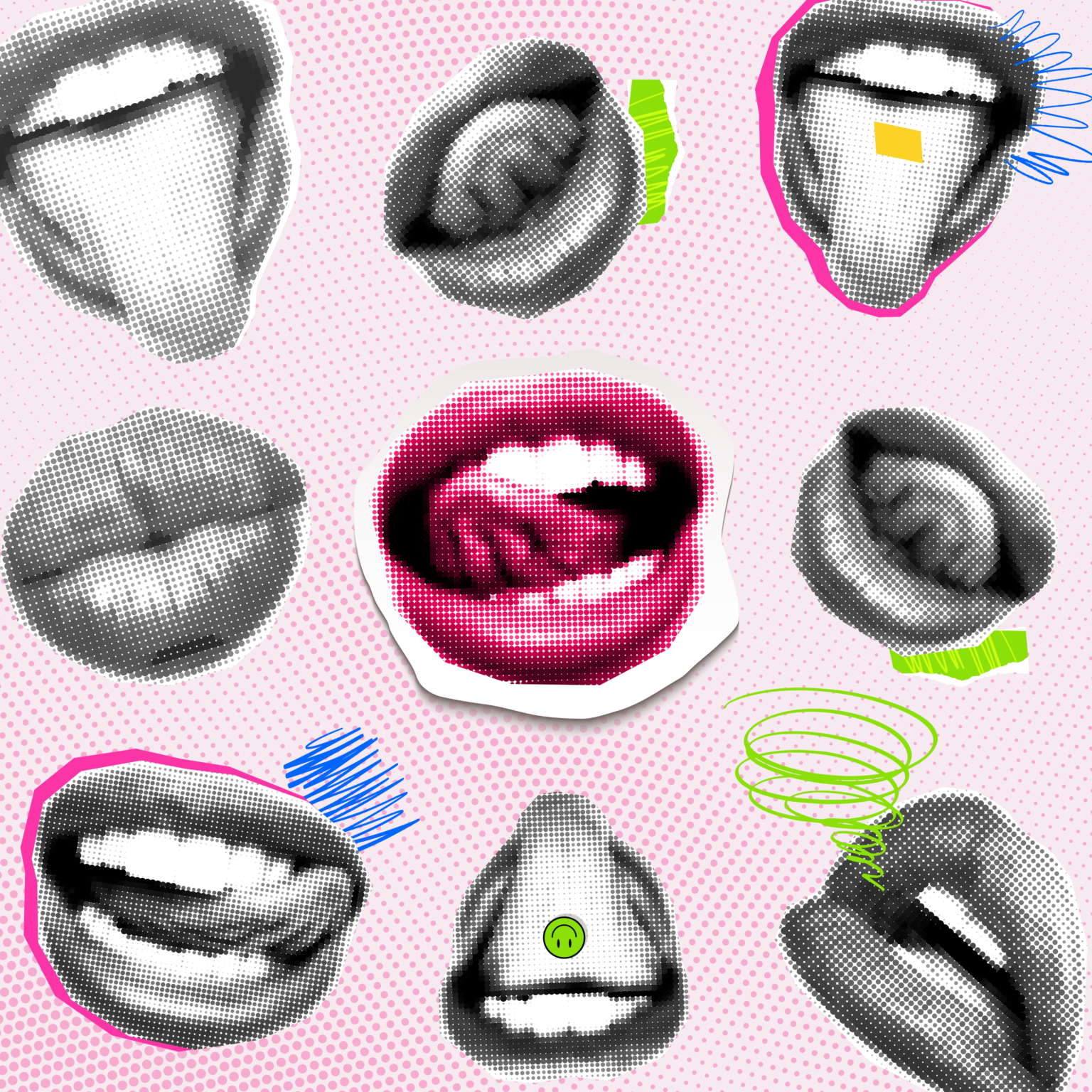
Just a heads up: get ready for some uncomfortable vocabulary ahead (saliva, yeast—you get it). Personally, I used to cringe at the word “moist” until I had to imagine a “white coated tongue” for this article. But, despite the awkwardness, this wellness routine has seriously improved my health. So, I’ll push through for the greater good. You’re welcome, everyone!
While brushing and flossing might not be the most thrilling part of your wellness routine, they’re crucial for keeping cavities at bay. Let’s face it—no one wants to spend extra time in the dentist’s chair. But oral hygiene goes beyond just maintaining a bright smile. It plays a significant role in your overall health and can provide insights into your body’s well-being. Have you ever heard about tongue scraping or thought about adding it to your oral care routine?
Tongue scraping traces back to Ayurveda, an ancient medicinal practice. According to Ayurveda, our tongues reveal a wealth of information about our health. They not only help identify our doshas, or mind/body types, but also provide insights into our overall well-being. For example, a ~white coated tongue~ can signal yeast overgrowth because toxins and bacteria actually stick around on the surface of your tongue. And get ready for it—when you eat or drink with these nasties on your tongue, you end up swallowing them all over again. Yikes!
So, for all the wellness girlies and health-enthusiasts out there, before you take that first sip of warm lemon water in the morning or dive into your oat milk matcha latte, you might want to start giving your tongue a good scrape. Here’s everything you need to know about it.
What is tongue scraping
Tongue scraping, known as jihwa prakshalana in Ayurveda, is an ancient practice that clears bacteria and toxins, or ama, from the tongue. It is a morning ritual which involves using a metal or plastic tool to remove the white coating from your tongue (I prefer doing it after brushing). The coating is made up of toxins that accumulate on the surface of your tongue while you sleep or stay still for long periods (yes, even if you’re a pro at brushing your teeth). Scraping in the morning can help clear away those built up bacteria and toxins and prevent them from being reabsorbed into your body.
Here’s a simple how-to guide—
While a spoon can work in a pinch, nothing beats a tool specifically designed to tackle bacteria and dead cells. There are plenty of plastic options available, but stainless steel is your best bet for optimal health benefits.
- Stick your tongue all the way out
- Slowly glide the scraper from the back of your tongue (or start in the middle if you’re worried about gag reflex — I know, it’s starting to sound like a steamy novel!)
- Repeat this movement a few times, covering the entire tongue surface.
- Rinse the scraper with water after each pass.
- Finish by rinsing your mouth thoroughly.
Benefits of tongue scraping

Scientific research acknowledge the efficacy of this age-old tradition, highlighting that tongue scraping is an effective method to eliminate bacteria for fresher breath. According to a study published in the Journal of Periodontology, tongue scrapers were found to reduce volatile sulfur compounds (VSCs) on the tongue by 75 percent, whereas toothbrushes only achieved a 45 percent reduction. However, the benefits of tongue scraping go beyond just freshening breath—
Prevents cavities
Of course, we’re all familiar with the drill: brush twice daily and floss regularly to keep cavities at bay. But if you find yourself faithfully following these steps and still facing a cavity or two during your dental checkups, it might be time to consider tongue scraping. The rear section of the tongue harbors a hefty amount of bacteria and toxins that contribute to plaque formation. By reducing the presence of these bacteria and toxins on your tongue, you can effectively decrease plaque buildup on your teeth.
Improves digestion
Tongue scraping comes with a notable Ayurvedic benefit: it can boost digestion and serve as a digestive aid. Keeping your tongue clean prompts the production of saliva, which contains essential digestive enzymes. These enzymes, like amylase, lipase, and protease, are crucial for breaking down carbohydrates, fats, and proteins in our food. By reducing bacterial buildup, tongue scraping can support a healthier oral microbiome, leading to better digestion overall.
Heightens taste sensation
Regular tongue scraping can also heighten your taste sensation. Removing the buildup of bacteria and toxins on your tongue’s surface can potentially enhance your ability to taste flavors in your food. A clean tongue enables your taste buds to function more effectively, detecting subtle flavors and nuances that may have been obscured by a coating of debris. As a result, your meals become more enjoyable and satisfying when your taste sensation is heightened through regular tongue scraping.
Boosts immune system
The toxins that accumulate on the tongue’s surface can potentially weaken the immune system if reabsorbed by the body. Therefore, by regularly removing these toxins through tongue scraping, you can help strengthen your body’s defense against illnesses and infections.


